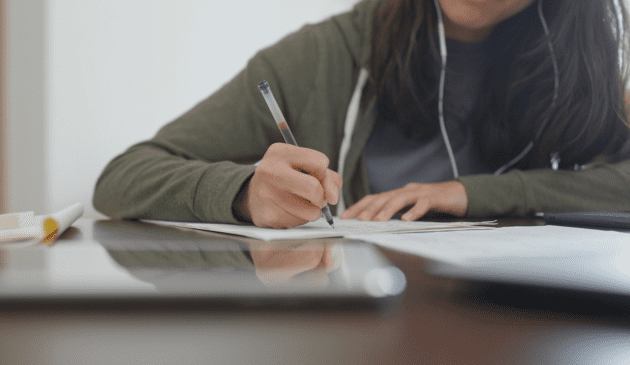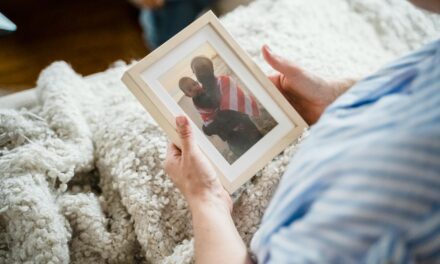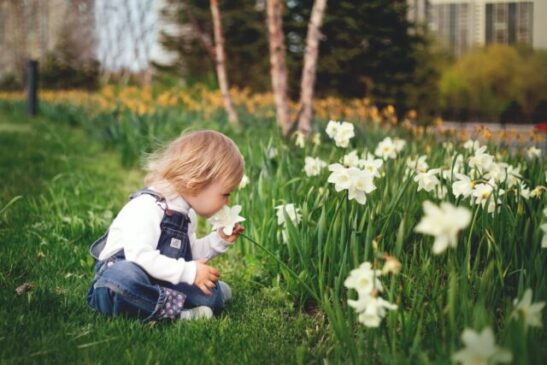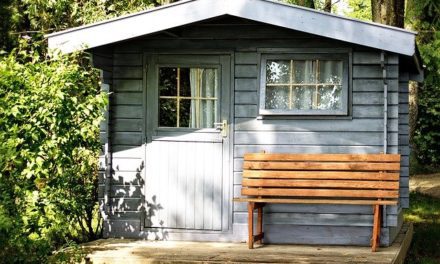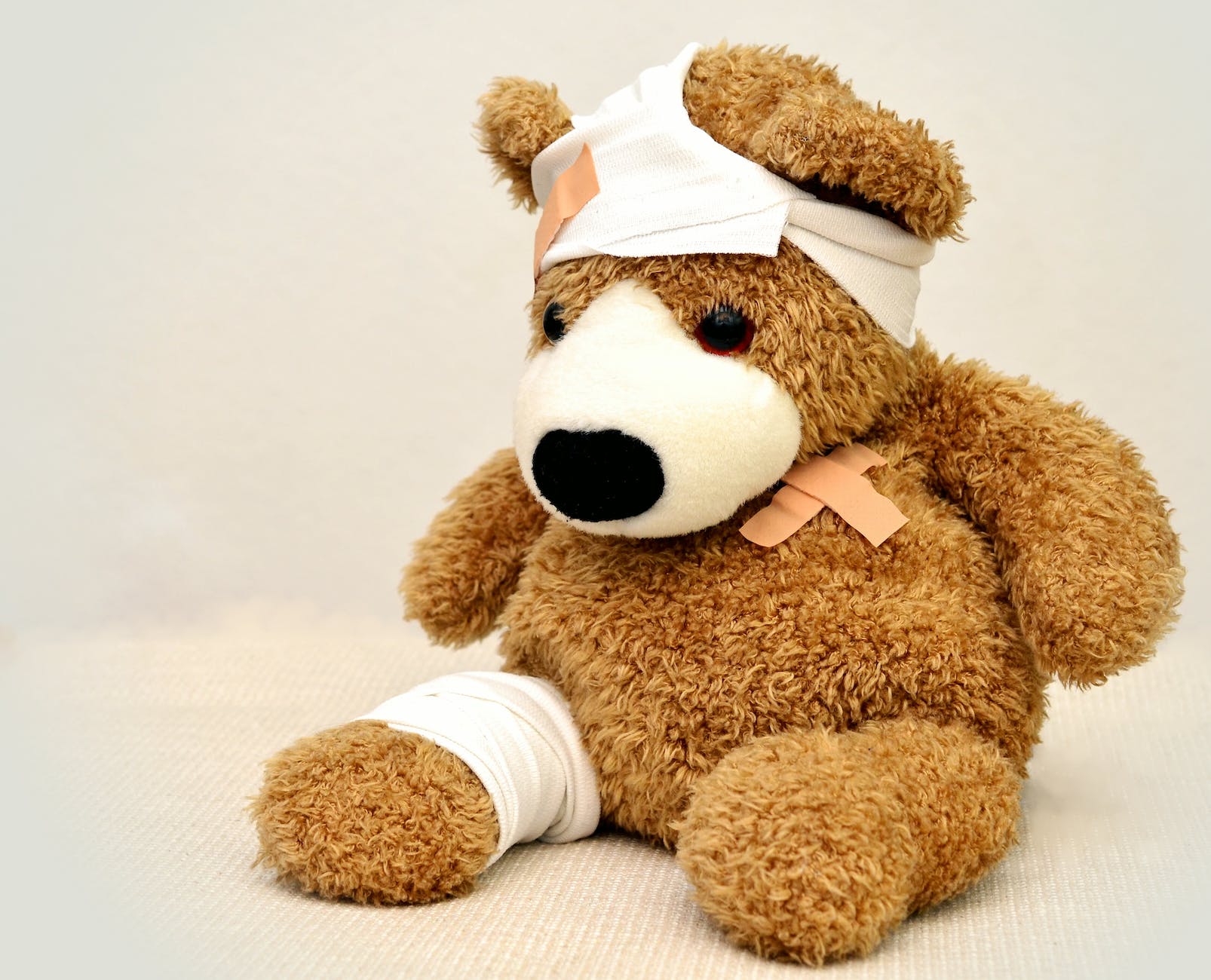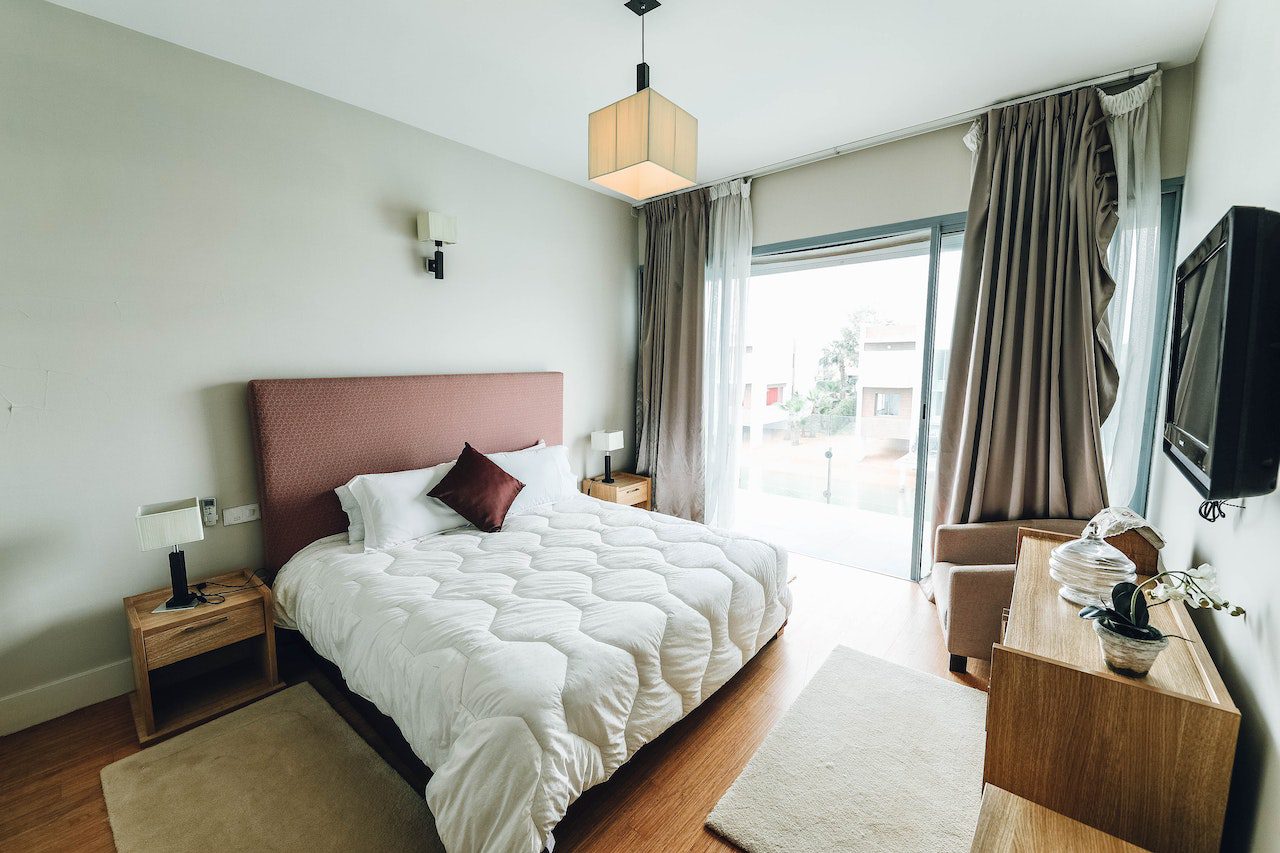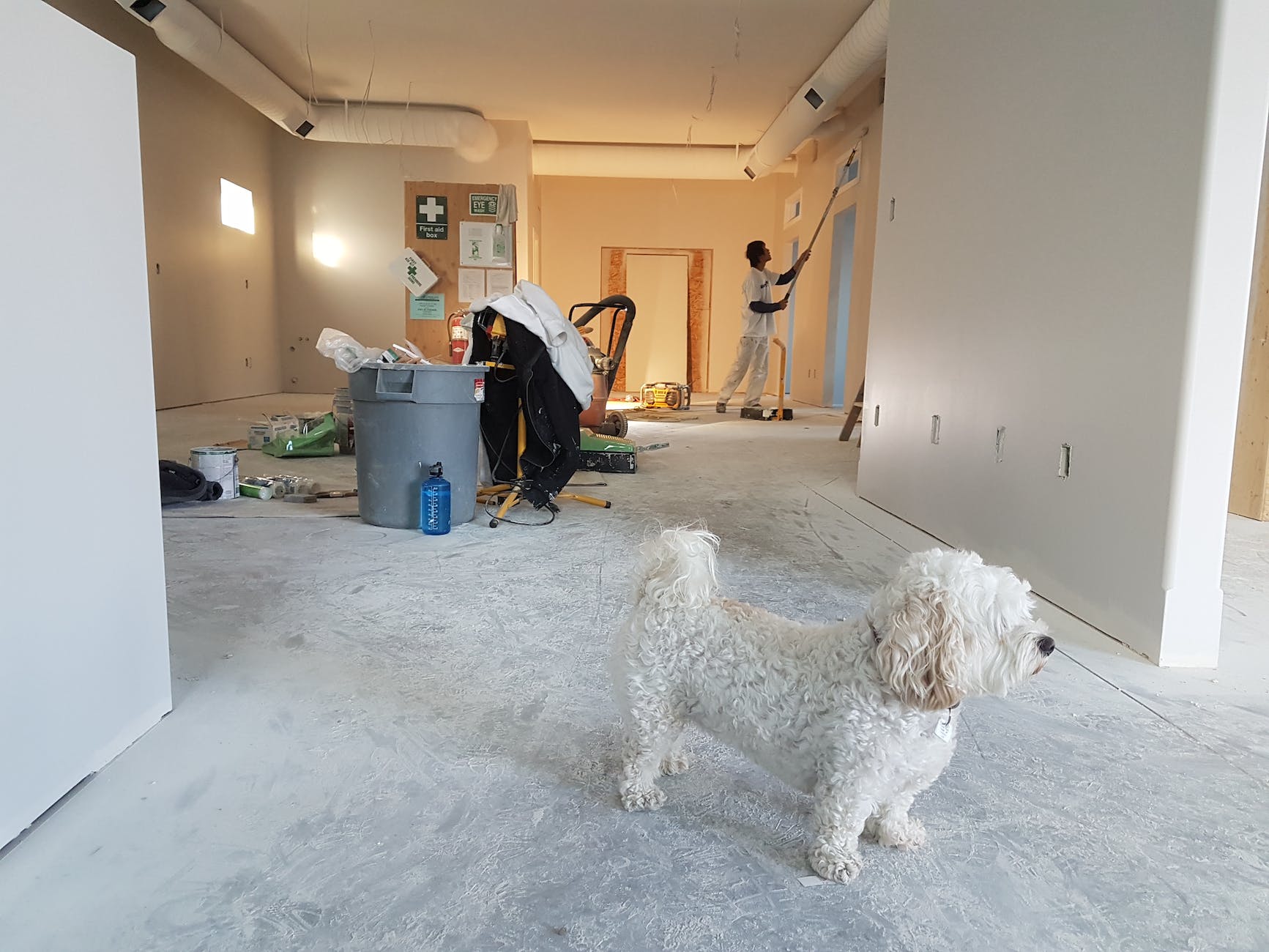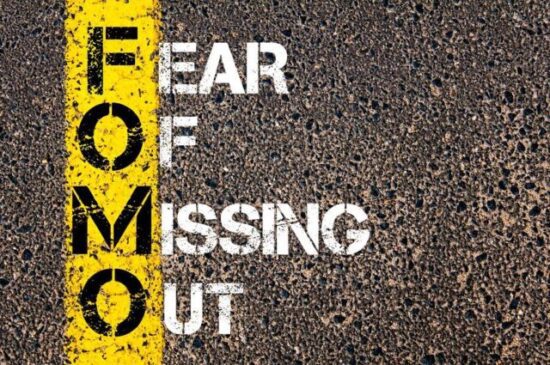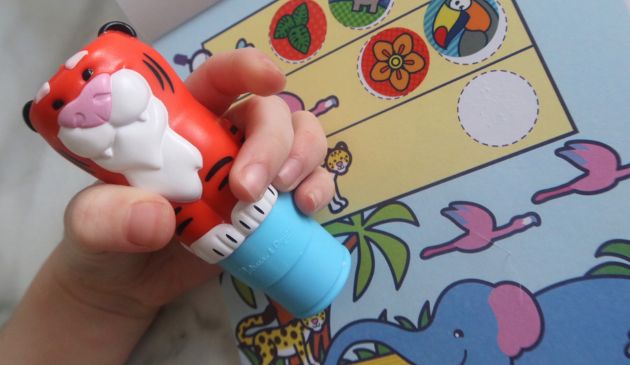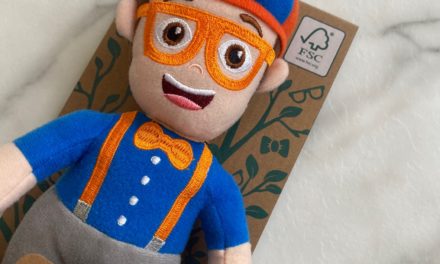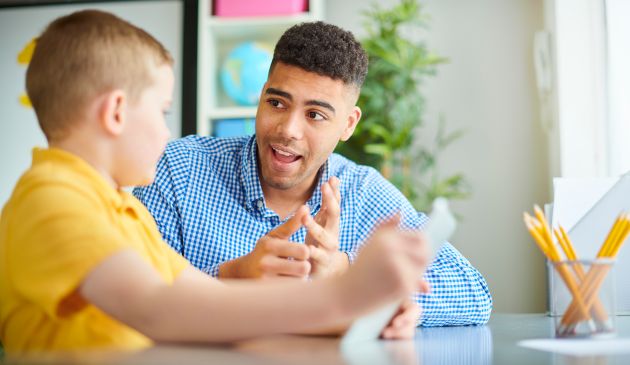
Exploring Mindfulness with Your Child

This is a collaborative post
Mindfulness could be an area that will help your child work on ways to improve their personal development. It’s the art of taking a step back and understanding what is happening with your child’s thoughts and feelings, and how they can be used to improve the mental health of all of us.
In this guide we take a look at the ways you can explore mindfulness easily with your child, and how it can improve their confidence, self-esteem and positivity.
Start with an appreciation game
Ask your child lots of good questions that make them question what they do each day in and out. For example, ask them a question like “when was a time you felt let down by someone?” and see what they say to you. It might be that you are the person they are talking about, so don’t let that phase you too much, but hear them out and listen.
Then ask them about how it made them feel. Help them recognise their feelings and show you what they do understand about themselves at the moment. From here you can work with them to identify new emotions and feelings that they will encounter.
Shift the conversation to good things in their life
After you have had a moment for reflection with your child you should bring up the good things they get to appreciate every day, whether it is at school or in their daily lives at home or among friends. Get them singing about their praises about the things that make them smile – it can help them be mindful about how to approach future conversations and interactions.
When there is a stressful moment happening at home, there is a lot that can go wrong, which is why you have to prepare. You can use this as a moment where you ask your child what they enjoyed about their day yesterday, or three things they love when you’re at the dinner table. Mix it up from time to time so that they have a chance to think of new answers.
Guide your child through deep breathing
This is where your child will learn what is involved in deep breaths and how it can help them calm down or reassess a situation. The first few attempts won’t be entirely perfect, but your child will soon get the hang of it if it’s a regular activity you take on. Ask your child to lie down as they do this, and get them to recognise the sound of their own breath. After they have done this you can get them to take a big inhale and then a long exhale, which will allow them to feel calm and rested.
Mindfulness can be a great technique for children that do tend to feel stressed and overwhelmed, but they can be useful for anyone of any age. This independent prep school in London recommends starting from an early age to see the best results in children.



